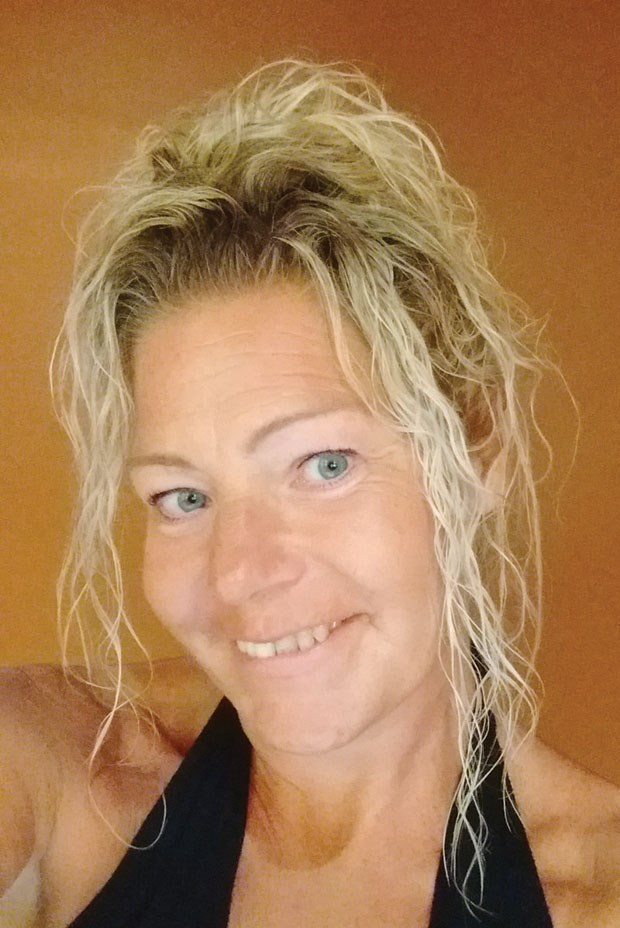Imagine waking up every morning and not remembering what you did the previous day. Imagine painful migraine headaches, constant fatigue and a desire to just curl up and sleep.
These are just a few of the symptoms of Chiari malformation, a little known brain disease that Ladner's Elizabeth Zbitnoff has battled most of her life.
Zbitnoff, who has called Ladner her home for the past 20 years, says she was born with the condition and struggled through most of her youth with symptoms, but had no idea she had the disease until she began to severely decline physically and cognitively two years ago.
"I remember the first migraine when I was eight years old," she recalls. "I was always tired, fatigued, had headaches, but had no idea that I had this disease."
In January 2015, her health really took a turn for the worse. Her right eye started to swell. She experienced memory loss, and numbness and tingling in her legs.
"I couldn't focus, I couldn't remember anything. I had been calling my neighbour by the wrong name for over a year and she never told me. This is something that can easily go undetected unless you get a brain scan. Once I went to the hospital, they found out what it was." Chiari malformations (CMs) are structural defects in the cerebellum, the part of the brain that controls balance.
CM can cause headaches, fatigue, muscle weakness, difficulty swallowing, choking and vomiting, dizziness, nausea, tinnitus, impaired coordination, neck pain, unsteady gait and more.
She found out through research the only way to mitigate the symptoms was to have surgery.
Last year she was in and out of hospitals for months between Vancouver General, Royal Columbian and Delta. Two days prior to her surgery, she lost her ability to walk.
Through the love and support of her family, friends and hospital staff, she battled her way back and just a couple of months ago started to feel like she was actually touching the ground when she walked.
"The surgery stopped the progression, which is good, because if they don't catch it, you will die," she says. "It's a day-by-day struggle. I have to go back to the hospital because I'm having issues again and I have regressed to the point where we don't know what is happening. The difficult part is realizing that this is your life now and that there is no cure."
She says she had to quit her job as a house cleaner and has no idea if she will ever be able to work again.
"That's the frustrating part. There's just is not enough known about the disease."
Zbitnoff is sharing her story in the hopes it will bring awareness to the disease and might help someone who is struggling with symptoms, but has not yet been diagnosed.
"I was 45 when I started to really develop the symptoms. Thank God they found it. I would hope for a cure one day. If there is no awareness, how will someone find a cure?
"People don't understand what you go through on a daily basis. It's an invisible disease so people wonder why is she struggling, why is she so tired? It's been tough."


